Last Updated on August 2, 2021
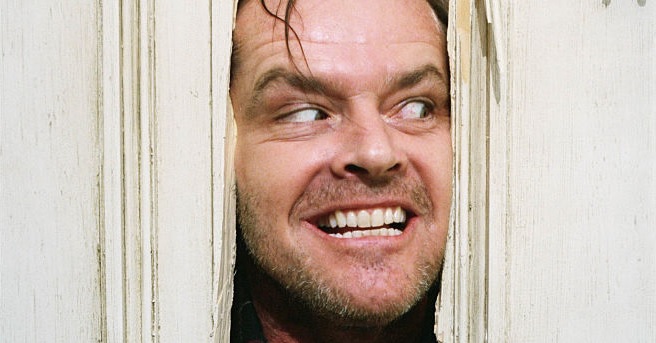
I'm assuming that anyone reading this article has either seen Stanley Kubrick's Stephen King-inspired 1980 classic THE SHINING by now or isn't particularly motivated to see it, since it's been available for thirty-seven years. So it's probably not necessary to put a SPOILER warning here, but there's one just in case.
Having taken the job under the condition that he be able to make any story changes he saw fit, Kubrick did make many changes on the way from the page to the screen (to King's chagrin). In a new interview with Entertainment Weekly, THE SHINING executive producer Jan Harlan and Kubrick's co-writer Diane Johnson discussed the changes made to the climax of the story and alternate options that were considered.
King’s novel climaxes with a confrontation between young, psychic Danny (played by Danny Lloyd in the film) and his possessed, alcoholic father, Jack (Jack Nicholson), who is able to fight the Overlook Hotel’s influence just long enough for his son to escape. Having forgotten to maintain the hotel’s aging boiler, Jack perishes as the resort goes up in flames. Danny escapes along with his mom, Wendy (Shelley Duvall), and the hotel’s kindly cook, Dick Hallorann (Scatman Crothers). On the page, King’s ending is a powerful and natural extension of all the chapters leading up to it. As a cinematic experience, however, Kubrick felt it would be rather unsatisfying…
Diane Johnson: The ending was changed almost entirely because Kubrick found it a cliche to just blow everything up. He thought there might be something else that would be metaphorically and visually more interesting … In the book, nobody gets killed except Jack. And Kubrick really thought somebody should get killed — because it was a horror movie. So we weighed the dramatic possibilities of killing off various characters and did different treatments. We actually talked it over in detail the possibility of having different people getting killed.
Even Danny, at one point, was briefly considered for the ending’s tragic victim…
Johnson: Danny’s relationship with his father was the thing that most interested Kubrick. He was emotionally involved with the point of view of a little boy who is afraid of his father. I remember Kubrick saying that visually he could imagine a small yellow chalk outline on the floor like that they put around the bodies of victims. And Kubrick liked that image. But he was too tender-hearted for that ending and thought it would be too terrible to do …
In one of the treatments — which has leaked online — Wendy kills Jack in self-defense in the third act. Then Hallorann arrives, and ALSO gets possessed by the hotel and becomes the finale’s surprise “big bad.” It was an intriguing twist that the murderous figure the audience is anticipating the whole movie was not really his father, but rather the hero the audience assumed was coming to the rescue.
Johnson: That’s right. We always had the powers of the hotel in mind. So the hotel would have been warping Hallorann’s mind for quite a long time. It was an attractive idea that Hallorran is good [throughout the film] then he gets there and is possessed by the hotel into a monster surrogate for Jack.
Also discussed in the interview are the changes Kubrick made while editing the film, including the removal of a scene that Johnson felt should have been left in. A scene in which Jack discovers a scrapbook in the hotel's basement.
Johnson: The scene that I thought was really necessary was the scrapbook scene. The point of it in [King’s] book and in the script was that the scrapbook was “the poisoned gift” — in Russian structuralist fairy-tale parlance. It’s an element in classic fairy tales — like the poisoned apple. Jack seizes the scrapbook to use in his book, and at that moment he’s now under the power of the hotel. I argued very strenuously [to keep it].
The scrapbook can be seen briefly in the finished film, but it's not likely we'll ever see footage of its discovery in the basement. Harlan explains –
Jan Harlan: Stanley wanted to make sure that nobody would ever re-assemble his edit in any other way. All outtakes and unused scenes were systematically destroyed — including negatives and rushes. He himself knew that he would never consider a re-cut. He was someone who lived totally in the present. He never looked back.
There is a lot more interesting information contained within the interview, including references to Kubrick's opinions on horror and gore, Harlan's reactions to some of the many theories about the deeper meaning of THE SHINING, and the fact that Kubrick would respond to questions on set by saying, "I never explain anything, I don’t understand it myself. It's a ghost film!" If you're a fan of THE SHINING, it's definitely worth clicking over to EW.com to read the full interview.


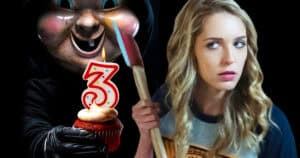
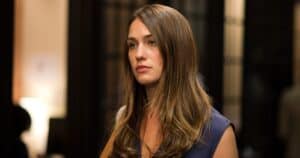
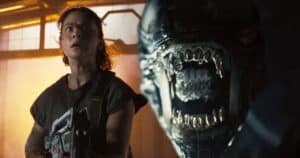
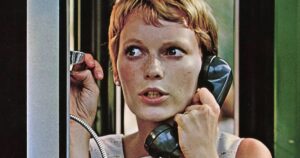

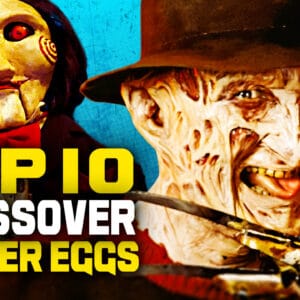
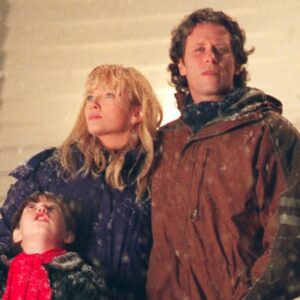
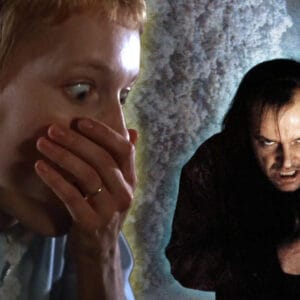
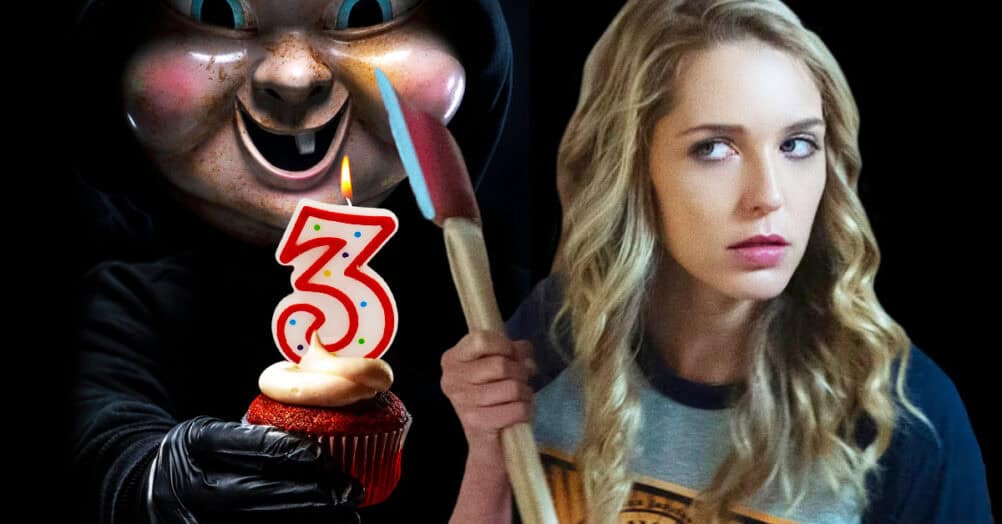
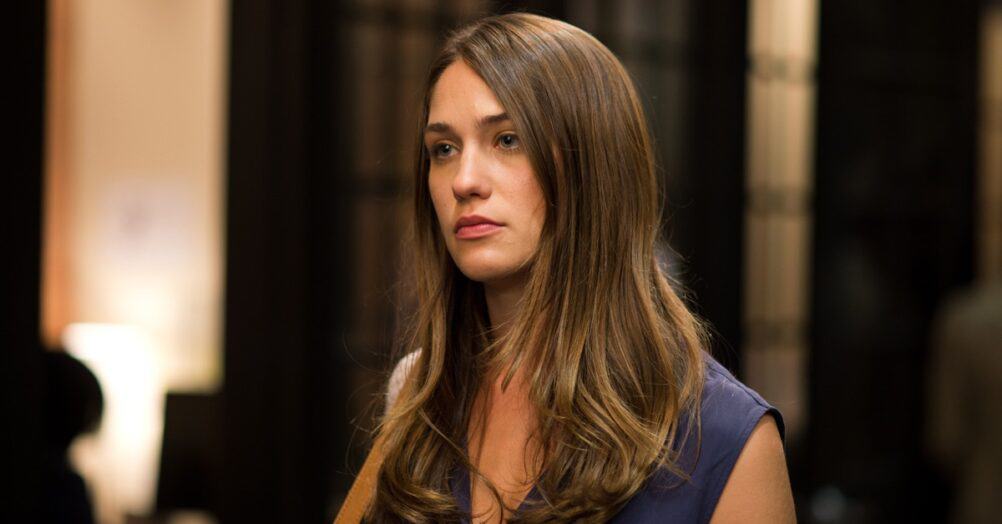
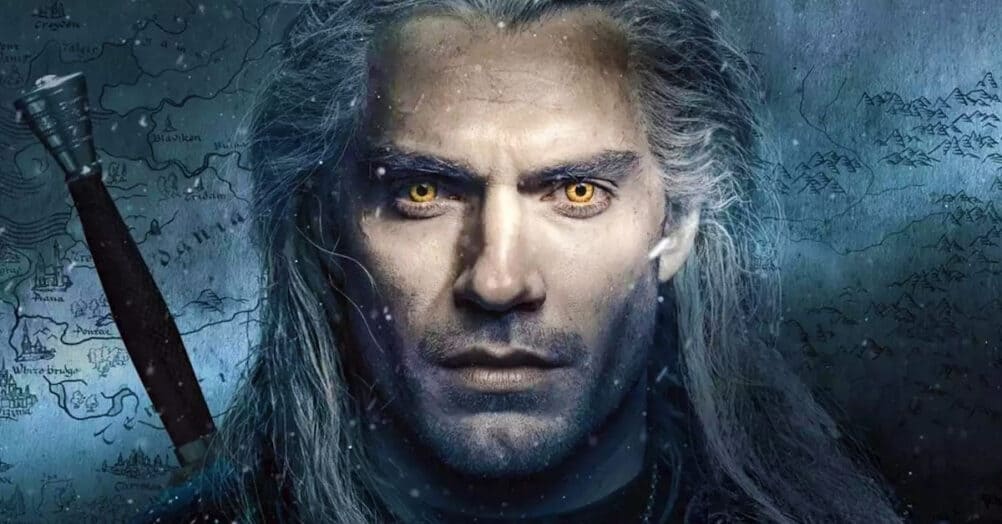
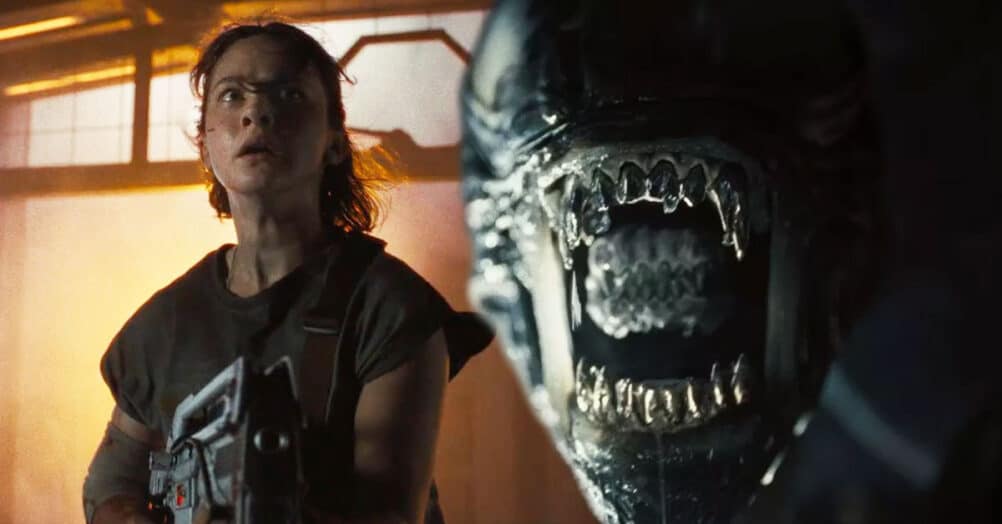
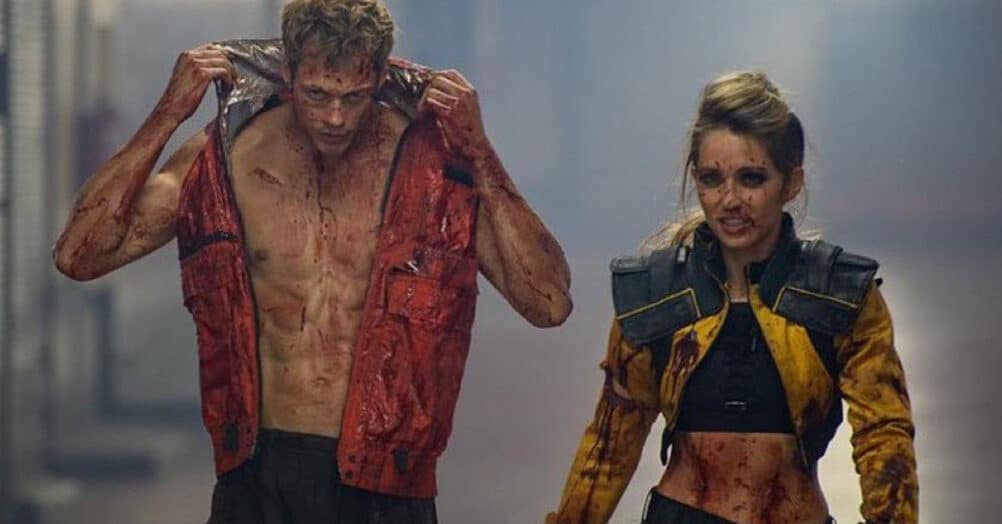
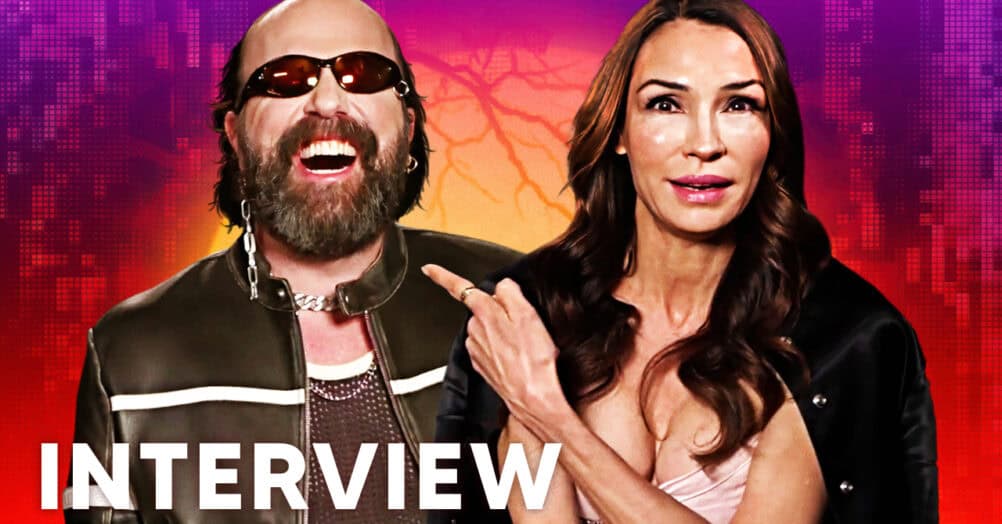
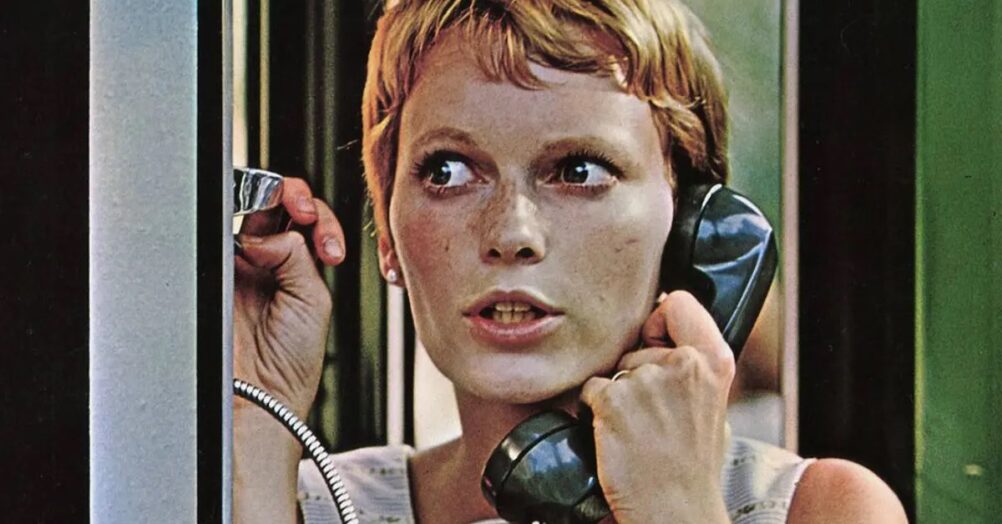
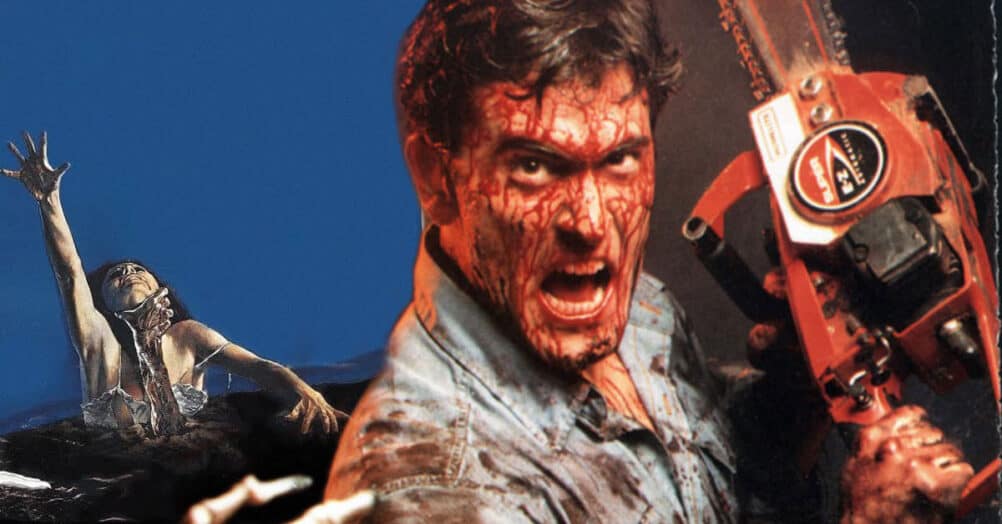

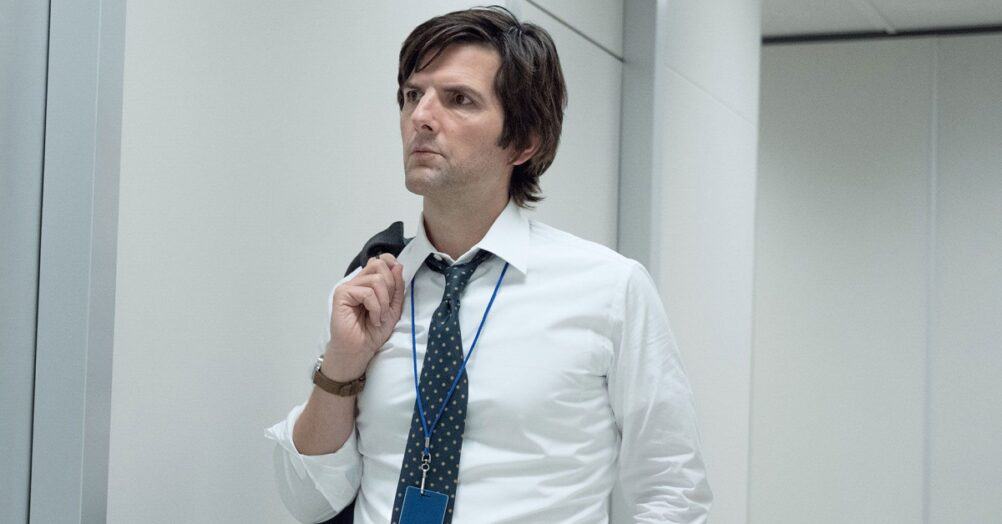
Follow the JOBLO MOVIE NETWORK
Follow us on YOUTUBE
Follow ARROW IN THE HEAD
Follow AITH on YOUTUBE